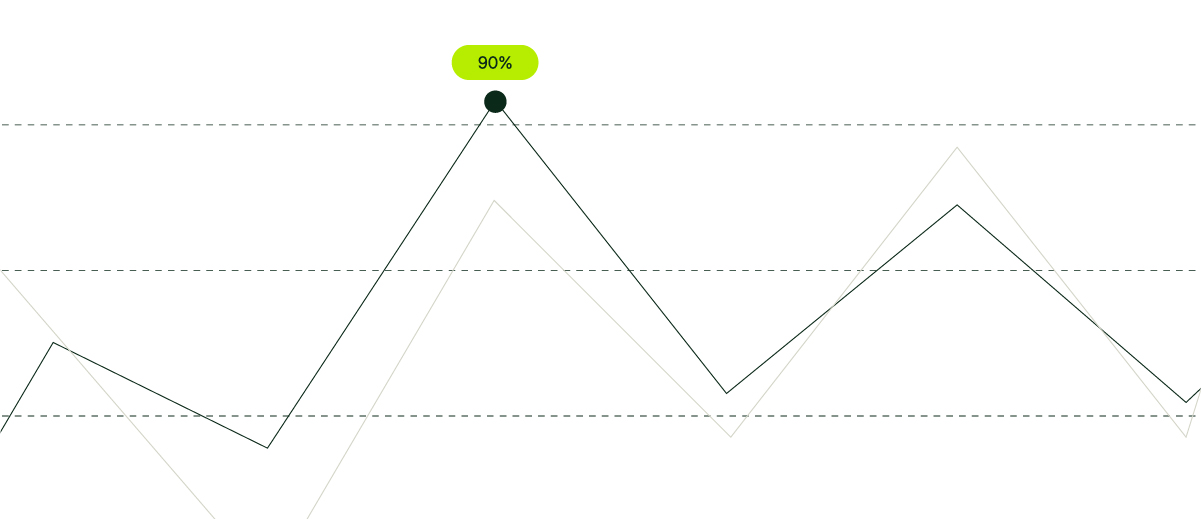Ministers and representatives from the main olive oil and table olive producing countries reaffirm the strategic importance of the olive sector in Córdoba
Córdoba, 20 November 2025. — On World Olive Day, 28 olive oil and table olive producing and exporting countries and two international organisations discussed the opportunities and challenges facing the sector. During this meeting, the delegations also endorsed the Córdoba Declaration, a document promoted by the Spanish Ministry of Agriculture, Fisheries and Food and the International Olive Council (IOC), which sets out common principles and priorities in the areas of sustainability, health, trade and international cooperation.
The meeting, held at the Palacio de la Merced with the support of the Córdoba Provincial Council, was chaired by the Minister of Agriculture, Fisheries and Food, Luis Planas, the Executive Director of the International Olive Council, Jaime Lillo, and the President of the Córdoba Provincial Council, Salvador Fuentes. Ministers of agriculture and trade, diplomatic representatives and representatives of international organisations such as the European Commission and the International Centre for Advanced Mediterranean Agronomic Studies (CIHEAM) took part.
Minister Luis Planas highlighted that the olive oil sector is today an example of international cooperation based on multilateral relations, friendship and trust, aimed at guaranteeing the quality of olive oils and facilitating international trade in a product that is essential to the Mediterranean diet. He stressed the need to intensify technical cooperation between participating countries in order to move forward in a coordinated and transparent manner, with guarantees that meet both the expectations of the sector and the demands of consumers.
The olive tree as a global pact
Jaime Lillo, Executive Director of the IOC, stressed that quality and trust are key to the continued expansion of olive growing across the five continents. “Promoting a common regulatory framework not only facilitates international trade but also protects consumer rights. This is a task that we at the International Olive Council will continue to carry out with scientific rigour, promoting dialogue, technical cooperation and innovation”.
The Declaration also recognises the environmental role of olive groves and supports scientific studies and practices that maximise their capacity to absorb and store CO₂ and their contribution to mitigating the effects of climate change. Currently, olive groves represent more than eleven million hectares of cultivated forest, capable of absorbing around 4.5 tonnes of CO₂ per hectare each year.
Furthermore, more than 1,000 scientific studies show that regular consumption of extra virgin olive oil reduces the risk of cardiovascular, metabolic and neurodegenerative diseases. Trials such as PREDIMED confirm that a Mediterranean diet enriched with this oil reduces the incidence of heart disease by 30%. Therefore, integrating olive oil into public health strategies is another point in the Declaration.
Finally, ministers and representatives agreed on the importance of strengthening collaboration with chefs, restaurateurs and hospitality schools to promote consumer education about olive oil and table olives. Future actions will focus on disseminating quality standards, the diversity of varieties and their origins, as well as their nutritional properties, flavour profiles and culinary applications, promoting a gastronomic culture based on knowledge and excellence.
The President of the provincial institution, Salvador Fuentes, welcomed all participants and pointed out that his “territory is becoming the epicentre of the global debate, establishing its strategic position worldwide through the Córdoba Declaration”.
“With this event, we recognise the effort, work, legacy and living memory of the world’s olive-growing communities, which are essential for the development of territories and guarantee the maintenance of biodiversity and sustainability worldwide,” added Fuentes.
Córdoba: global epicentre of olive growing
With an olive-growing tradition that has lasted for centuries, Córdoba has established itself as the global epicentre of olive growing by hosting the 122nd plenary session of the Council of Members of the IOC, held yesterday, and the meeting of ministers.
During the current crop year, the 187 oil mills in Córdoba — the second largest producing province in Spain after Jaén — have produced 291,032 tonnes of olive oil. These figures reflect not only the economic importance of the sector in the region, but also its strategic contribution to the olive value chain.










